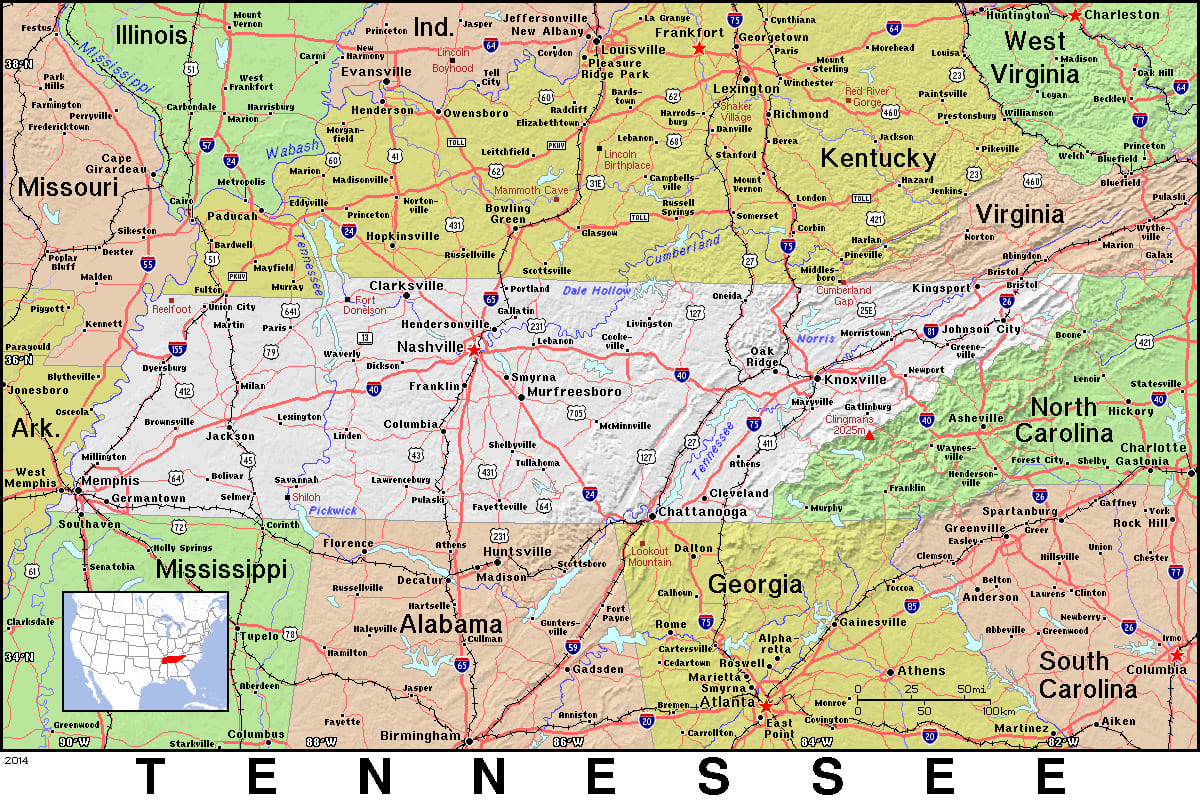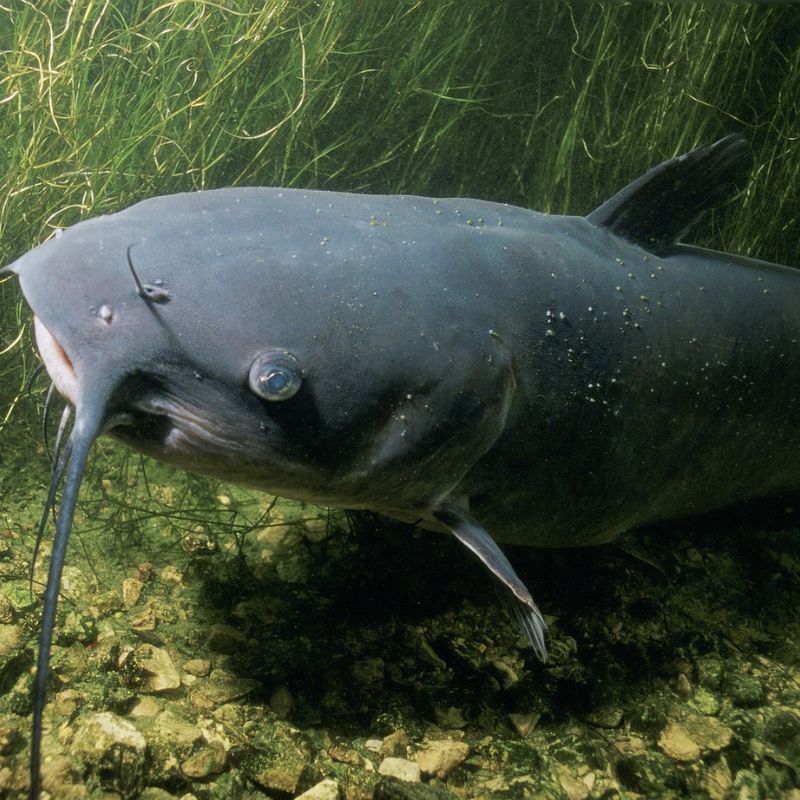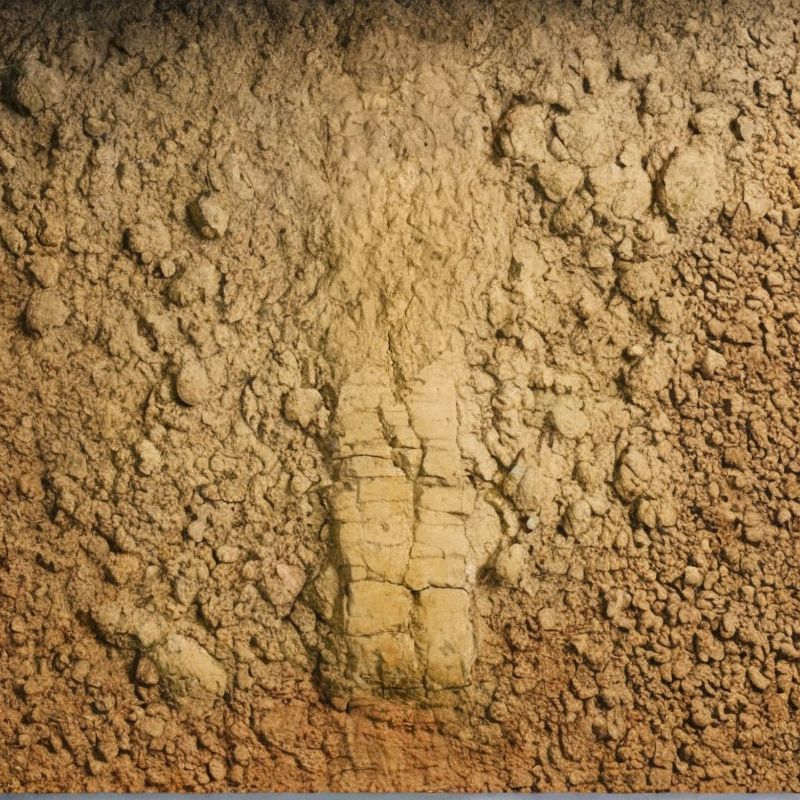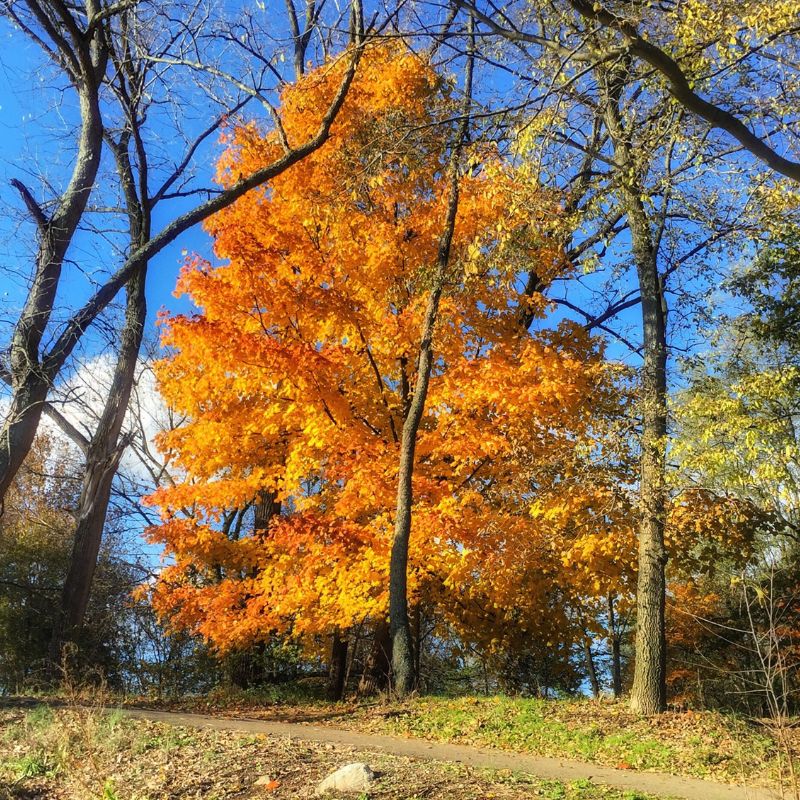Explore the Fascinating History of Tennessee
Take our Tennessee Trivia Quizzes for a Chance to Win a 6-Month Subscription to History By Mail!

The History of Tennessee
Journey Through Tennessee Trivia
Welcome to our Tennessee history and trivia page, presented by History By Mail. Join us as we embark on a journey through the captivating past and cultural tapestry of the Volunteer State. From the ancient Native American civilizations, such as the Mississippian culture and the Cherokee, to the arrival of European explorers and the modern era, we'll delve into Tennessee's hidden gems and challenge your knowledge with entertaining quizzes. Let's uncover the rich history and intriguing trivia of Tennessee together.
Tennessee, known as the Volunteer State, is a land of extraordinary history and natural wonders. From the early Native American settlements and the exploration by European pioneers to its majestic mountains, rolling hills, and iconic rivers, Tennessee holds a captivating legacy. From the historic landmarks of the Great Smoky Mountains National Park and the Cumberland Gap to the vibrant music scene of Nashville and the charm of Memphis' Beale Street, the state showcases a blend of historical sites, cultural heritage, and breathtaking landscapes.
Join us as we unravel the intriguing history and trivia of Tennessee, delving into its role in the American Civil War, the birthplace of blues and country music, and the influential figures who have shaped its identity. Discover the stories of Andrew Jackson, the Battle of Shiloh, the birth of rock 'n' roll at Sun Studio, and the rich heritage of the Cherokee Nation. Let's explore the diverse tapestry of Tennessee's past and celebrate its unique contributions to our nation's heritage.
Facts about Tennessee
State Abbreviation: TN
Capital: Nashville
Name Origin: No one’s sure how Tennessee got its name, but two Native American villages were called Tanasi and Tanasqui, which sound similar to “Tennessee.”
Nickname: Volunteer State
Statehood: June 1, 1796 (16th State)
State Motto: “Agriculture and Commerce" (1987)

Tennessee's Flag
Tennessee's state flag boasts a distinctive design reflecting history and symbolism. A deep red field, known as "Tennessee red," is adorned with a vertical blue stripe at its center. Enclosed within the blue stripe is a white circle, bordered in blue, featuring three white stars. These three stars carry meaningful weight, symbolizing Tennessee's regions: East, Middle, and West. They also denote the state's historical role as the 16th addition to the Union after the original thirteen colonies. The blue stripe represents unity among Tennessee's regions, underscoring strength and harmony. The deep red background symbolizes the valor and sacrifice of the state's citizens across its history.
Tennessee's Great Seal
Tennessee's inaugural constitution, established in 1796, outlined the creation of a state seal. The present seal's foundational design was introduced in 1801. It comprises two segments: the upper half bears the Roman numerals XVI, signifying Tennessee's status as the 16th state, accompanied by a plow, sheaf of wheat, cotton plant, and the term "Agriculture." The lower portion features a boat alongside the word "Commerce." The seal's base showcases the year of statehood, 1796. Despite its introduction in 1801, the seal only attained official adoption in 1987.

--- State Trivia #1 ---
History of Tennessee
Tennessee has a rich and diverse history that dates back to the early explorations of the 16th century. Explored by Spanish explorer Hernando de Soto in 1540, the area later became a subject of contention between France and England due to the explorations of Jacques Marquette, Louis Joliet, Sieur de la Salle, James Needham, and Gabriel Arthur in the 1670s and 1680s. Eventually, Great Britain gained control of the region following the French and Indian Wars in 1763.
In the late 18th century, settlers in Tennessee formed the short-lived "state" of Franklin from 1784 to 1787. However, it was disbanded when the region was granted representation in the North Carolina legislature. In 1790, Congress organized the territory south of the Ohio River, and Tennessee became the 16th state to join the Union in 1796.
During the Civil War, although Tennessee officially joined the Confederacy, there was significant pro-Union sentiment within the state. As a result, Tennessee witnessed extensive military action during the war.
Today, Tennessee is primarily an industrial state, with a majority of its population residing in urban areas. The state's industries span a wide range, including chemicals, textiles, apparel, electrical machinery, furniture, and leather goods. It also has a strong presence in food processing, lumber, primary metals, and metal products. Notably, Tennessee excels in the production of marble, zinc, pyrite, and ball clay.
Agriculturally, soybean is the largest crop in Tennessee, contributing a significant portion to the state's agricultural receipts. Tobacco production is also prominent, and livestock, dairy products, greenhouse and nursery products, cotton, and other crops contribute to the farming sector.
Tennessee shares extensive federal reservoir developments on the Tennessee and Cumberland River systems with six other states. These reservoirs, managed by the Tennessee Valley Authority, include numerous dams and provide important water resources for the region.
The state boasts several notable points of interest, such as the Andrew Johnson National Historic Site in Greeneville, the American Museum of Atomic Energy in Oak Ridge, the renowned Great Smoky Mountains National Park, the Hermitage (the home of Andrew Jackson near Nashville), Rock City Gardens near Chattanooga, and three National Military Parks, among others. These attractions showcase Tennessee's historical, cultural, and natural heritage, offering visitors a glimpse into the state's diverse past and present.
State Symbols
Fun Facts
- Frontiersman Davy Crockett; and singers Aretha Franklin, Dolly Parton, Kenny Chesney, and Justin Timberlake, were all born in Tennessee.
- Graceland, singer Elvis Presley’s Memphis mansion, gets more visitors than any other U.S. home except for the White House. On display are Elvis’ costumes, his pink Cadillac, and even his airplane with gold-plated seat belts!
- Visitors to the Country Music Hall of Fame in Nashville can see costumes, instruments, and artifacts from stars like Brad Paisley, Keith Urban, and Miranda Lambert.
- The “Grand Ole Opry” started as a country-music radio show in 1925. Today it’s broadcast live from Nashville, where audiences can see stars like Carrie Underwood and groups such as Alabama Shakes perform.
- Great Smoky Mountains National Park is the United States’ most visited national park. The Great Smoky Mountains are known as the “Salamander Capital of the World,” and the park alone has 30 different species.
- Tennessee is filled with important Native American archaeological sites including the Shiloh Indian Mounds, which were created as a resting place for important individuals about 800 years ago.
--- State Trivia #2 ---

Things To Do in Tennessee
- Explore the Great Smoky Mountains National Park: Immerse yourself in the breathtaking beauty of the Great Smoky Mountains, where you can hike scenic trails, spot diverse wildlife, go camping, and enjoy panoramic views. The park offers a range of outdoor activities for nature enthusiasts and is a haven for photographers and adventure seekers.
- Visit Music City, Nashville: Experience the vibrant music scene and rich cultural heritage of Nashville, also known as the "Music City." Explore the Country Music Hall of Fame, catch live performances at iconic venues like the Grand Ole Opry and Ryman Auditorium, and stroll down Broadway to enjoy live music pouring out from honky-tonk bars.
- Take a Historic Tour of Memphis: Delve into the musical legacy of Memphis, the birthplace of blues and the home of Elvis Presley. Visit Graceland, Elvis' former home turned museum, explore Beale Street's lively music scene, and tour the National Civil Rights Museum, located at the site of Martin Luther King Jr.'s assassination.
- Discover the Beauty of Gatlinburg and Pigeon Forge: These neighboring towns offer a range of attractions and entertainment options. Visit Dollywood, an amusement park created by country music legend Dolly Parton, enjoy the diverse entertainment venues, sample Southern cuisine, and explore the scenic wonders of the nearby Smoky Mountains.
- Experience the Jack Daniel's Distillery: Head to Lynchburg and take a tour of the historic Jack Daniel's Distillery. Learn about the craftsmanship behind this world-famous Tennessee whiskey, see the aging barrels, and enjoy a tasting session to appreciate the distinct flavors that make Jack Daniel's a beloved spirit worldwide.

General Map of Tennessee
Tennessee, known as the "Volunteer State," is a captivating destination located in the southeastern region of the United States. Renowned for its natural beauty, rich history, and vibrant music scene, Tennessee offers a wealth of experiences for visitors to discover and savor.
Famous People From Tennessee
--- State Trivia #3 ---
FREQUENTLY ASKED QUESTIONS (FAQ) ABOUT TENNESSEE
The name "Tennessee" is derived from the Cherokee word "Tanasi," which was the name of a Cherokee village in the region. When European settlers arrived, they adopted the name for the state.
Tennessee is often referred to as "The Volunteer State." This nickname originates from the significant number of Tennesseans who volunteered to fight in the War of 1812, particularly during the Battle of New Orleans.
Tennessee became the 16th state of the United States on June 1, 1796. It was the first state to be admitted after the original 13 colonies.
Andrew Jackson, a Tennessee native, was the 7th President of the United States. His presidency is marked by several key events, including the Indian Removal Act, which led to the Trail of Tears, and his leadership during the Battle of New Orleans in the War of 1812. Jackson's legacy remains complex and controversial.
Related Resources
- Official Website of the State of Tennessee: The official website provides comprehensive information about the state government, services, business resources, tourism, and more. Visit: https://www.tn.gov/
- Tennessee Department of Tourist Development: Explore Tennessee's attractions, events, outdoor adventures, music, food, and plan your trip. Visit: https://www.tnvacation.com/
- Tennessee State Parks: Discover Tennessee's beautiful state parks, campgrounds, hiking trails, and recreational activities. Visit: https://tnstateparks.com/
- Tennessee State Museum: Learn about Tennessee's history, culture, art, and heritage through exhibits and educational programs. Visit: https://www.tnmuseum.org/
- Tennessee Civil War Trails: Explore significant Civil War sites and trails in Tennessee, reliving the history of the state's involvement in the war. Visit: https://www.tnvacation.com/civil-war
- Country Music Hall of Fame and Museum: Immerse yourself in the history and legacy of country music at this renowned museum in Nashville. Visit: https://countrymusichalloffame.org/
- Graceland: Experience the home and legacy of the legendary musician Elvis Presley in Memphis. Visit: https://www.graceland.com/
- Great Smoky Mountains National Park: Discover the breathtaking beauty of the Smoky Mountains, offering hiking, wildlife viewing, scenic drives, and more. Visit: https://www.nps.gov/grsm/index.htm
- Jack Daniel's Distillery: Take a tour of the iconic Jack Daniel's distillery in Lynchburg and learn about the process of making Tennessee whiskey. Visit: https://www.jackdaniels.com/
- Tennessee Aquarium: Dive into the fascinating world of marine life at this top-rated aquarium in Chattanooga. Visit: https://www.tnaqua.org/








